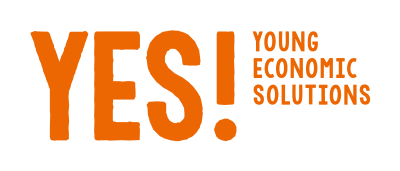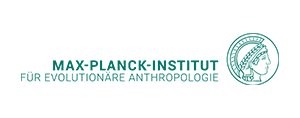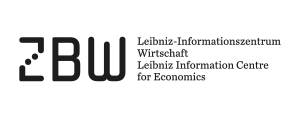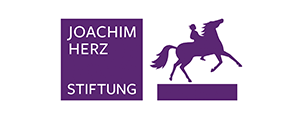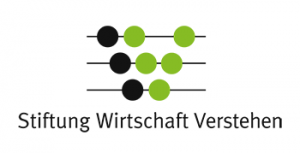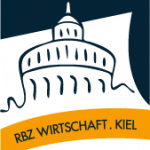How should schools address the problem of curriculum overload?
von Dr. Susan Hanisch und Dr. Dustin Eirdosh, Max Planck Institut für evolutionäre Anthropology
Dieses Thema kann nur auf Englisch bearbeitet werden
Humans are somewhat unique compared with other organisms, in that we produce, share, and accumulate massive amounts of information about the world around us. The 21st century has seen the expansion of this capacity for accumulating cultural information more than any other time in our history. Despite this trend, it is not clear how schools should change or adapt. In 2020, the Organization for Economic and Cooperative Development (OECD) released a report on the international state of education, finding that many schools around the world are facing the challenge of curriculum overload, policies and structures that require teachers and students to do too much in order to keep up with the (actual and perceived) demands of modern societies.
In short, schools seem to be not well prepared to help students navigate the flood of human knowledge within the “Information Age”. The impacts of this kind of curriculum overload are significant. First, teachers are impacted both in terms of their ability to engage in high quality teaching, and relatedly, in terms of their everyday well-being. These impacts on teachers spill over into impacts on student learning and wellbeing, which in turn, may provide serious constraints on evolving a sustainable global economy for all humans on the planet.
How can school communities solve these dilemmas between preparing German students for an increasingly complex, competitive, international world, and assuring the well-being of teachers and students? These tensions suggest that curriculum overload is a complex and deep challenge for economic development that requires the active participation of students and teachers.
Must-Read Literatur
OECD (2020), Curriculum Overload: A Way Forward, OECD Publishing, Paris, https://doi.org/10.1787/3081ceca-en. / https://www.oecd-ilibrary.org/sites/0ebc645c-en/index.html?itemId=/content/component/0ebc645c-en
Weiterführende Literatur
Evolving Schools Regional Workshop: Curriculum Overload. https://openevo.eva.mpg.de/teachingbase/curriculum-overload/
Das Thema wird betreut von
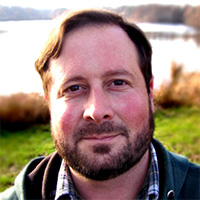
Dr. Eirdosh is the coordinator of the Educational Innovation Labs within the Department of Comparative Cultural Psychology at the Max Planck Institute for Evolutionary Anthropology. He is interested in teaching and learning at the intersection of evolution, behavior, and sustainability science. Working through collaborations across scientific institutions, international non-profits, and local classrooms, his projects use human social behavior as a conceptual lens for interdisciplinary education.

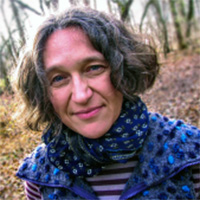
Dr. Hanisch is an educational design researcher collaborating across the Max Planck Institute for Evolutionary Anthropology, University of Leipzig, and Friedrich-Schiller University of Jena. After conducting her PhD research in tropical sustainable agriculture in south-western Madagascar, Dr. Hanisch became increasingly interested in education and its central role for a sustainable future. She now works across University teacher education contexts, focused on educational design research to advance the integration of perspectives in behavioral, evolutionary and sustainability science in Education for Sustainable Development.
